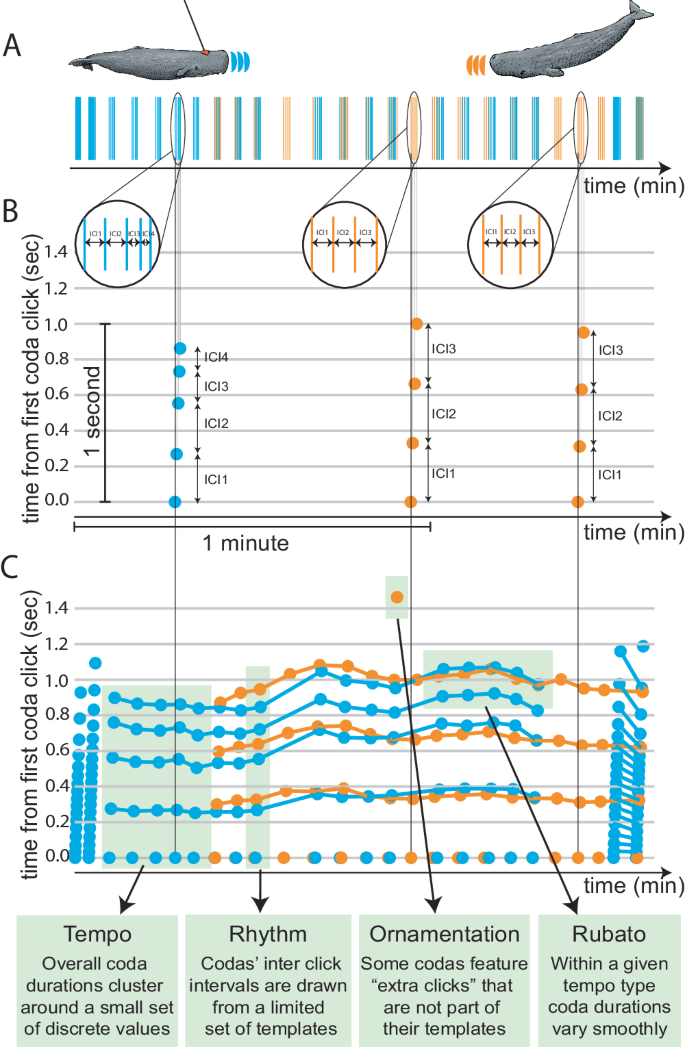2024-05-07 ラトガース大学
<関連情報>
- https://www.rutgers.edu/news/rutgers-researchers-develop-reminder-system-enhance-memory-recall
- https://journals.sagepub.com/eprint/RIIEJPXZWDNGTRCWDD7D/full
モデルベースの手がかり選択による記憶検索の改善 Improving Memory Search Through Model-Based Cue Selection
Charlotte A. Cornell, Kenneth A. Norman, […], and Qiong Zhang
Psychological Science Published:January 4, 2024
DOI:https://doi.org/10.1177/09567976231215298

Abstract
We often use cues from our environment when we get stuck searching our memories, but prior research has failed to show benefits of cuing with other, randomly selected list items during memory search. What accounts for this discrepancy? We proposed that cues’ content critically determines their effectiveness and sought to select the right cues by building a computational model of how cues affect memory search. Participants (N = 195 young adults from the United States) recalled significantly more items when receiving our model’s best (vs. worst) cue. Our model provides an account of why some cues better aid recall: Effective cues activate contexts most similar to the remaining items’ contexts, facilitating recall in an unsearched area of memory. We discuss our contributions in relation to prominent theories about the effect of external cues.

